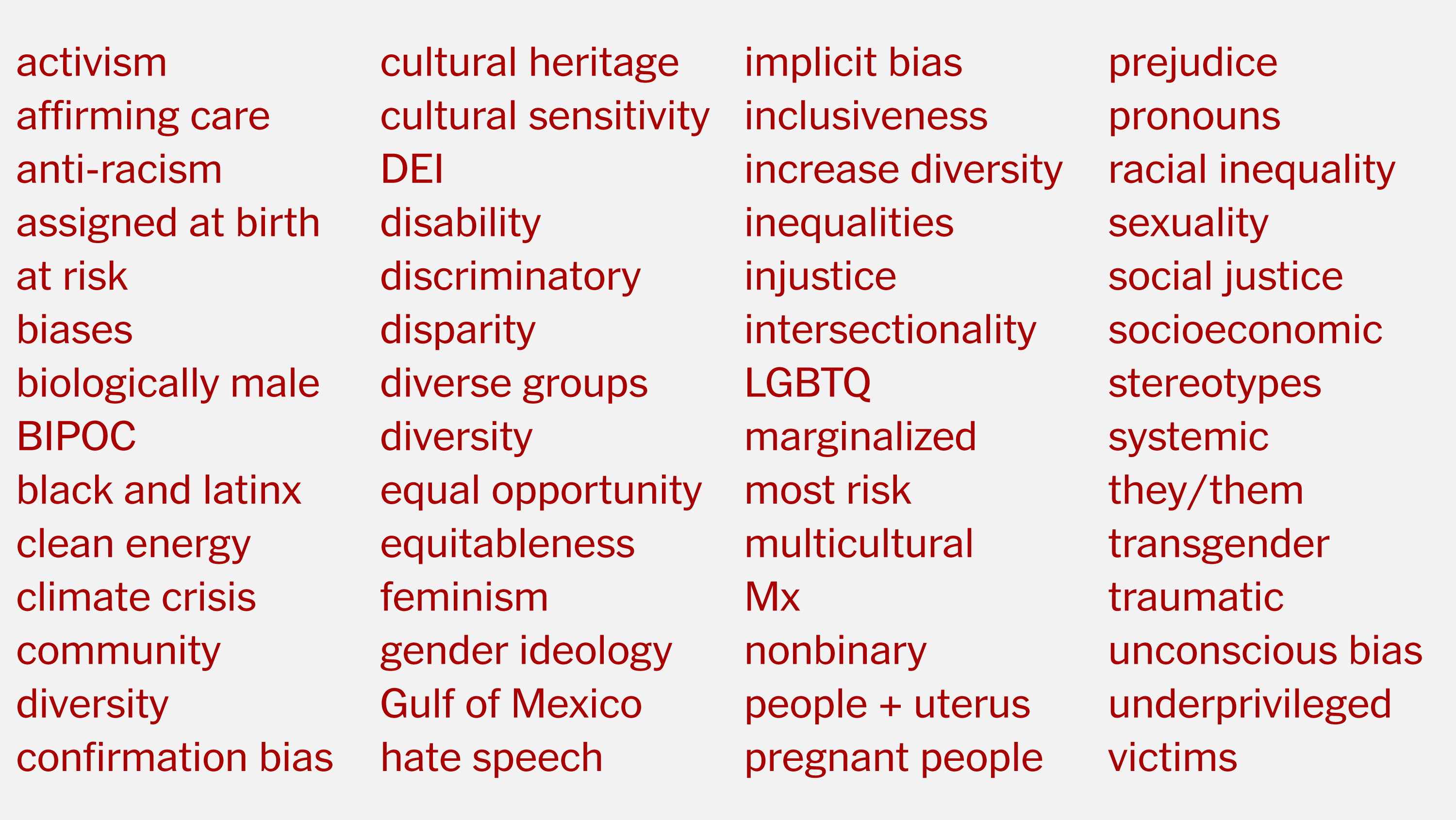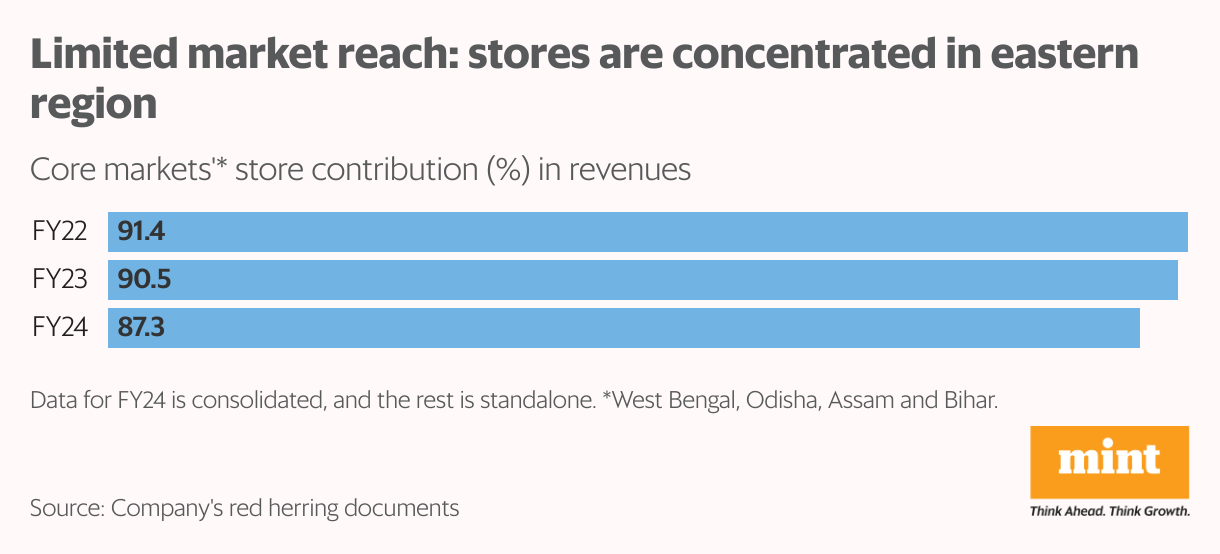Meta's Future: Zuckerberg's Leadership Under The Trump Administration

Table of Contents
Regulatory Scrutiny and Antitrust Actions
The Trump administration initiated a period of intense regulatory scrutiny for Meta, focusing primarily on antitrust concerns and data privacy issues. This intensified pre-existing anxieties surrounding the company's market dominance and its handling of user data.
Increased Antitrust Investigations
Meta faced numerous antitrust lawsuits and investigations during this period, primarily driven by concerns about its monopolistic practices in social networking, its acquisition of Instagram and WhatsApp, and its handling of user data.
- Federal Trade Commission (FTC) Lawsuit: The FTC filed a landmark antitrust lawsuit against Meta in 2020, alleging that the company engaged in anti-competitive practices to maintain its dominance in the social networking market. This lawsuit, while ultimately unsuccessful in its initial form, highlighted the administration's aggressive approach towards big tech.
- Department of Justice (DOJ) Investigations: The DOJ also launched several investigations into Meta's business practices, focusing on potential violations of antitrust laws. These investigations, while not resulting in immediate legal action, exerted significant pressure on the company.
- State Attorney General Lawsuits: Multiple state attorney generals filed separate antitrust lawsuits against Meta, further intensifying the legal pressure on the company and adding to its substantial legal fees. Estimates of these costs ran into the hundreds of millions of dollars, impacting Meta's bottom line.
Section 230 Debates
The debate surrounding Section 230 of the Communications Decency Act raged during the Trump administration, directly impacting Meta's operations. Section 230 shields online platforms from liability for content posted by their users.
- Trump's Stance: President Trump frequently criticized Section 230, viewing it as a shield for tech companies to allow the spread of misinformation and harmful content. He threatened to repeal or significantly alter the law.
- Potential Consequences for Meta: Significant changes or repeal of Section 230 would have exposed Meta to significantly greater liability for user-generated content, potentially leading to substantial legal costs and impacting the freedom of speech on its platforms. This uncertainty forced Meta to adopt more proactive content moderation strategies.
- Ongoing Debate: The debate about Section 230 continues to this day, highlighting the ongoing tension between protecting free speech online and holding platforms accountable for the content they host.
Navigating Political Polarization and Misinformation
The Trump administration era saw increased political polarization and the spread of misinformation on social media, presenting Meta with significant challenges.
The Spread of Misinformation
The 2016 and 2020 US presidential elections were marred by the spread of misinformation and foreign interference campaigns on social media platforms, including Meta's Facebook and Instagram.
- Foreign Interference: Investigations revealed attempts by foreign actors to manipulate public opinion through the use of fake accounts and coordinated disinformation campaigns.
- Content Moderation Challenges: Meta faced criticism for its slow response to and perceived inadequacy of its efforts to combat misinformation and foreign interference. The company struggled to balance free speech with the need to prevent the spread of harmful falsehoods.
- Fact-Checking Initiatives: Meta partnered with independent fact-checkers to label and demote misleading information. However, these efforts proved controversial, with some critics arguing that they were insufficient and biased.
Political Advertising and Transparency
The regulation of political advertising on Meta's platforms became increasingly complex during this period.
- Transparency Concerns: Concerns arose about the sources of funding for political advertising, the potential for foreign interference, and the lack of transparency in how these ads are targeted.
- Ad Disclosure Policies: Meta implemented new policies to increase transparency in political advertising, including requiring disclosure of who paid for the ads and who is responsible for them.
- Challenges in Verification: Verifying the authenticity of political advertisers and preventing the spread of disinformation via political ads remained a significant challenge.
International Relations and Geopolitical Impacts
The Trump administration's trade policies and international relations had a significant impact on Meta's global operations.
Trade Wars and Global Regulations
The Trump administration's trade disputes with China and other countries created uncertainty for Meta's global business operations.
- Impact of Tariffs: Tariffs on goods and services could have indirectly impacted Meta's supply chain and operational costs.
- Navigating Regulatory Environments: Meta faced challenges in navigating the diverse and evolving regulatory landscapes in different countries, particularly regarding data privacy and antitrust issues.
- Global Expansion Challenges: The unpredictable geopolitical environment made it more challenging for Meta to expand its operations into new markets.
Data Privacy and GDPR
The General Data Protection Regulation (GDPR) in Europe, along with similar data privacy regulations in other parts of the world, presented both challenges and opportunities for Meta.
- GDPR Compliance: Meta had to adapt its data practices to comply with GDPR, which involved significant changes to its data collection, processing, and storage methods.
- Impact on Business Model: The increased focus on data privacy potentially impacted Meta's business model, which relies heavily on targeted advertising based on user data.
- Global Data Privacy Standards: The rise of GDPR and other data privacy regulations demonstrated a growing global consensus about the importance of protecting personal data online.
Conclusion
The Trump administration's impact on Meta was profound and multifaceted, shaping its regulatory landscape, its relationship with the public, and its international operations. Navigating the challenges of antitrust scrutiny, misinformation, and evolving international regulations will continue to be critical for Zuckerberg's leadership in the years to come. Understanding the complexities of "Zuckerberg Trump Administration Meta" is crucial for anyone interested in the future of social media and its interaction with government policy. To stay informed about the ongoing developments affecting Meta, continue following relevant news sources and industry analyses. The relationship between Zuckerberg, the Trump administration, and Meta's future remains a dynamic and important area of study.

Featured Posts
-
 L Eau Potable Et La Pollution Comment Filtrer L Eau Du Robinet Efficacement
May 15, 2025
L Eau Potable Et La Pollution Comment Filtrer L Eau Du Robinet Efficacement
May 15, 2025 -
 Tonights Nhl Matchup Maple Leafs Vs Red Wings Prediction And Betting Odds
May 15, 2025
Tonights Nhl Matchup Maple Leafs Vs Red Wings Prediction And Betting Odds
May 15, 2025 -
 Jm Financials Baazar Style Retail Investment Buy At Rs 400
May 15, 2025
Jm Financials Baazar Style Retail Investment Buy At Rs 400
May 15, 2025 -
 Calvin Klein Euphoria Perfume Nordstrom Rack Sale This Week
May 15, 2025
Calvin Klein Euphoria Perfume Nordstrom Rack Sale This Week
May 15, 2025 -
 Jalen Brunson Unhappy About Missing Cm Punk Seth Rollins Raw Match
May 15, 2025
Jalen Brunson Unhappy About Missing Cm Punk Seth Rollins Raw Match
May 15, 2025
